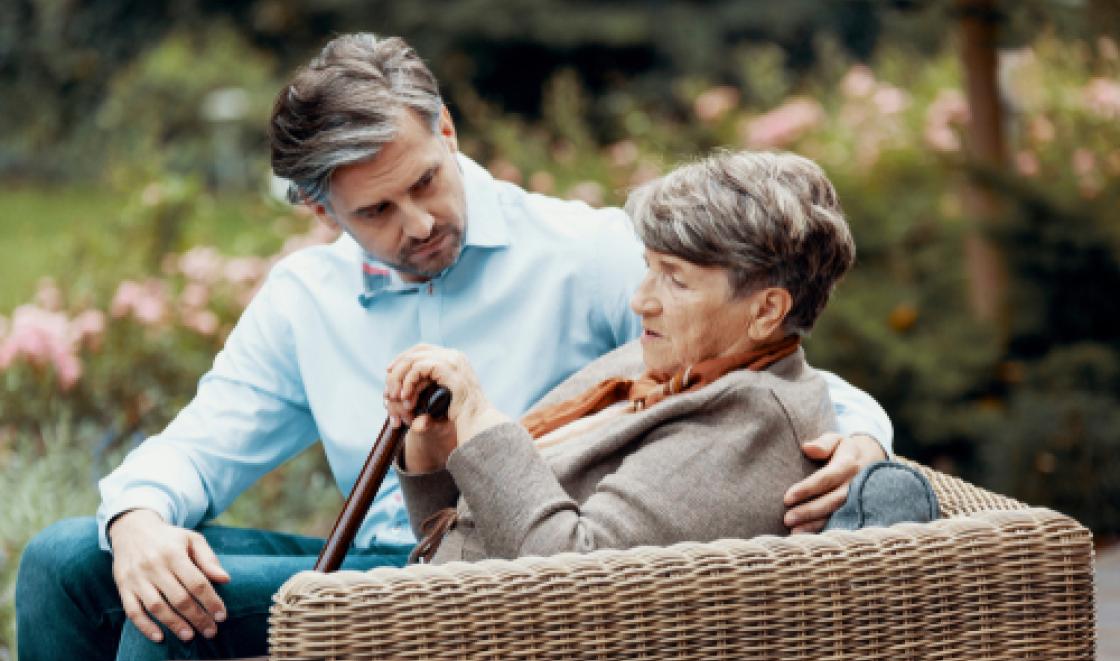The official report, published by the American Thoracic Society, is an outcome of workshops attended by professionals from a range of diverse disciplines and countries, including members of the palliative and end of life care theme, and cites work from their ARC-adopted project.
The challenges faced
Pulmonary rehabilitation is a course of education and physical activity that aims to help improve fitness and strength in people with respiratory conditions, as well as helping them feel less breathless and giving them insight into their illness. The research team confirmed that pulmonary rehabilitation models are successful in addressing physical frailty in people with respiratory disease
However, many people living with frailty have multiple long-term conditions and find some rehabilitation programs challenging as a consequence. It’s not easy to know which symptoms will present at any time, resulting in unpredictable disruptions to their treatment. One example could be difficulties taking part in physical exercise, which is a significant part of pulmonary rehabilitation.
Looking forward with solutions
The report also provides guidance on selecting the best tool to identify those with frailty, in order to ensure their needs will be met. The authors also call for additional research, stating that more should be done to understand the cognitive, psychological and social impact of frailty in chronic respiratory disease. They also highlight that the pros and cons of pulmonary rehabilitation being delivered remotely for those with frailty should be assessed.
